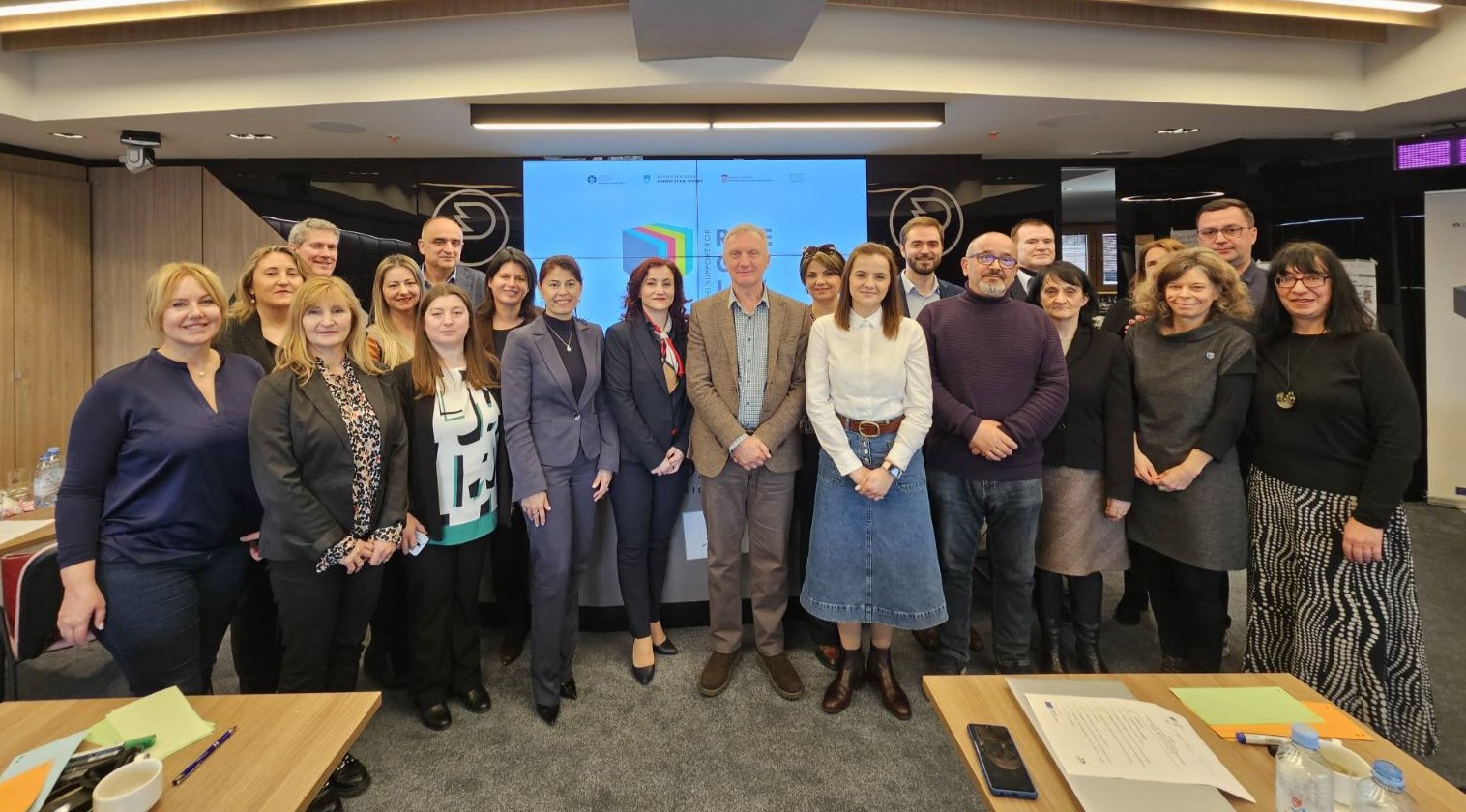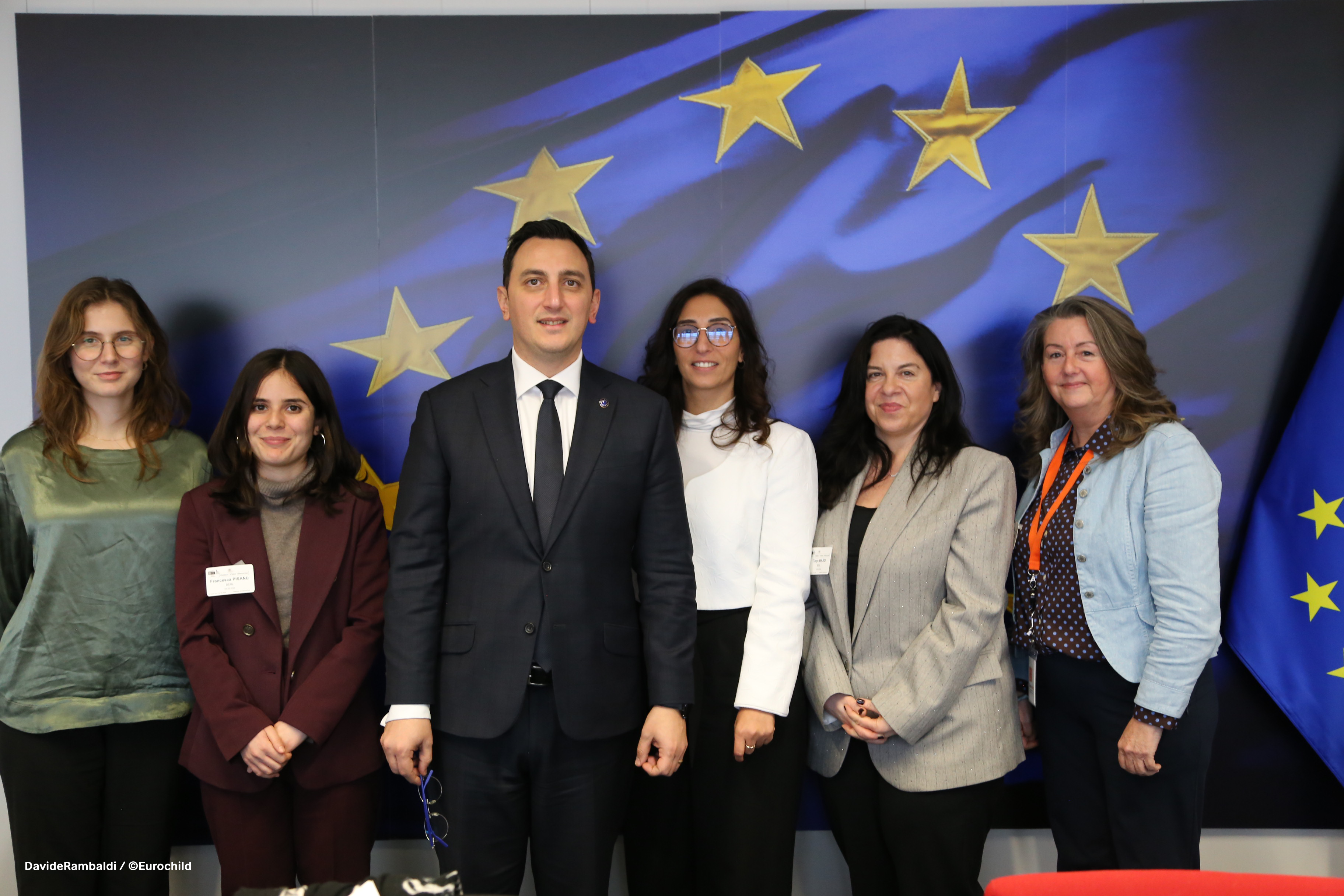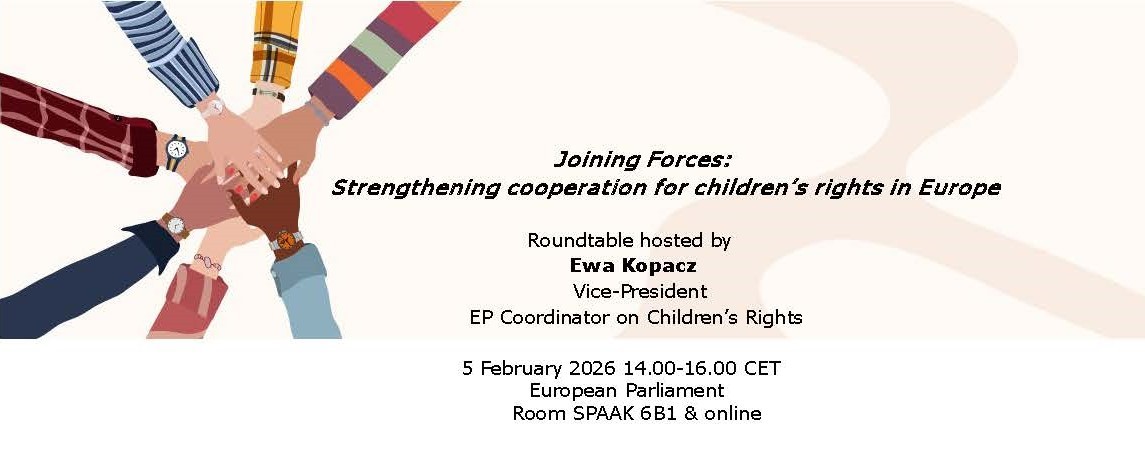North Macedonia adopts Plan on the Rights of the Child
Eurochild member Megjashi shares an overview of North Macedonia’s Plan on the Rights of the Child: from development to adoption, and what comes next.
In August 2025, North Macedonia adopted its National Action Plan on the Rights of the Child for 2025-2029, a step forward in protecting and promoting children’s rights. The Ministry of Social Policy, Demography and Youth emphasised that the Plan aims to enhance children’s living conditions and foster environments that support the potential of every child, establishing strong foundations for equal opportunities.
The Plan is a comprehensive, multi-sectoral framework that aims to ensure children’s rights are fully respected, protected, and promoted. It includes measures to reduce child poverty and improve access to basic social services without discrimination, and commits to implementing the European Child Guarantee with a particular focus on tackling child poverty and social exclusion. A planned 15% increase in financial allowances for children is expected to reduce inequalities and support greater social inclusion.
A flagship provision of the Plan is the (re)establishment of a National Committee on the Rights of the Child, a permanent body mandated to coordinate actions and monitor compliance with the UN Convention on the Rights of the Child. This responds directly to a key 2022 recommendation of the UN Committee on the Rights of the Child and advances important EU accession criteria set out in the country’s Rule of Law Roadmap. The Plan was developed within the framework of the project “EU Support for the Rule of Law,” funded by the European Union.
The development of the Plan took place through broad collaboration, bringing together representatives from the Ministry of Social Policy, Demography and Youth, the Ministry of Justice, the Ministry of Education and Science, the Ministry of Health, the Ombudsman, the Institute of Social Affairs, UNICEF, the Association for the Rights of the Child, and the First Children’s Embassy in the World – Megjashi. Children also contributed through dedicated working groups, helping to ensure the plan reflects their lived realities and priorities.
As civil society, we welcome the adoption of the Plan and the renewed governance architecture for children’s rights. It is crucial to ensure that it does not remain on paper. Eurochild member Megjashi, together with partners, will continue to monitor implementation, engage with institutions, and advocate for evidence-based, adequately funded measures that deliver tangible improvements in children’s lives.
For further information contact First Children's Embassy in the World – Megjashi: www.childrensembassy.org.mk





